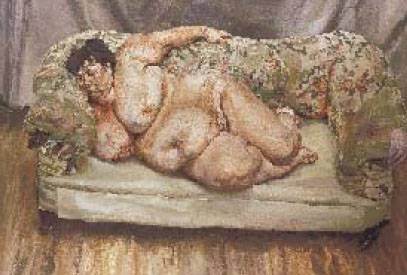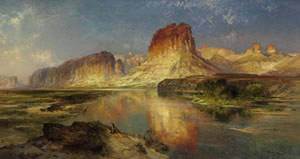
Antonio Canova: The Three Graces
The Return of the Gods: Neoclassical Sculpture at the Tate Gallery The Return of the Gods: Neoclassical Sculpture at the Tate Gallery – An important exhibition of neoclassical sculpture opens next January 28th 2008 at the Tate Gallery]]>
January 28th 2008, source: Tate Gallery
The Return of the Gods is the first exhibition in Britain to focus on British neoclassical sculpture. Displayed in the monumental Duveen galleries from 28 January to 1 June it will bring together around 30 major figurative sculptures created by British artists or for British patrons from around 1760 to 1860 including Canova’s celebrated Three Graces.
Neoclassical sculpture was an international phenomenon whose emergence in Britain was dramatic and influential. Fuelled by the discovery of Roman ruins of Pompeii in 1748 and the publication in 1764 of Winckelmann’s History of Ancient Art, aristocrats and other Grand Tourists acquired large and impressive collections of contemporary sculpture by artists such as Canova, Thorvaldsen, Wilton, Banks, and Nollekens. These artists exploited previously unexplored subjects – taken from classical mythology, literature, and ancient and modern history – in order to depict the nude with unprecedented freedom and sensuality.
Works on display will include Thomas Banks’s Thetis Dipping Achilles into the Styx (V&A), Canova’s Three Graces (V&A/National GalleriesScotland), Nollekens’ Venus Chiding Cupid and Mercury (UsherArtGallery, Lincoln) and Thorvaldsen’s Three Graces (RochdaleArtGallery). These sculptures symbolised the power and beauty of the ancient world, rediscovered and brought to life in pure white marble. The exhibition will also include an example of antique sculpture, restored in the eighteenth century, which will contrast with the neoclassical pieces while highlighting the origins of the style.
Made primarily for their appeal as virtuoso objects in their own right, these were works of art for contemplation and display, for close examination and admiration. Observation of the human body, soft flesh transformed and idealised in highly polished, hard white marble, was the essence of this sculpture. Artists created emotional figure groups and scenes and portrayed contemporary people in new ways – their faces and hairstyles, poses and expressions reflecting the idealism and purity of the style.
Follow us on:


